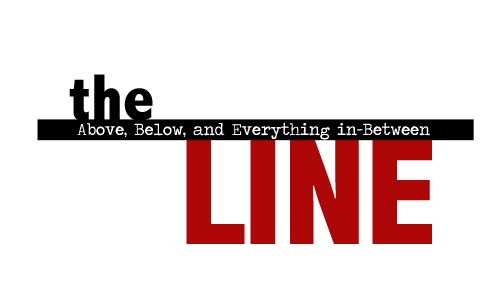He applauded NBC’s support of free online content via its relationship with Hulu. Unsurprising, since Comcast’s been doing the same thing via their own, albeit lesser-known, Fancast.com portal.
But further, according to Roberts, he also applauds NBCU for the following: NBC’s been “careful that the product that their cable channels put out through cable, telco and satellite distribution has not gone out over the internet in a way that would encourage cord-cutting.”
In other words, customers don’t need a cable subscription to watch certain channels, including broadcast outfits like NBC, ergo, the content is also free to view on the web. Conversely, a subscription is required for access to everything else; and for the most part, the content belonging to those networks currently isn’t made widely available for free (legally) online.
And in this, the upside for Comcast’s desire to own a majority stake in content production becomes clear: Whether or not it proves a successful attempt in the long run, for a time, Comcast can keep a tight leash over widely distributing programming online – a trend that could render moot the need for customers to buy into a cable package. After all, who needs it if you can see it on line, for free? Right?
Well…maybe not.
Clearly, it is in the best interest of both the content and cable providers to maintain this status-quo, of sorts – absent cable subscriptions, a large portion of their revenue is lost. However, it seems it should be in the best interest of the consumers as well – and for the same reason.
While the Nielsen Company recently reported that 99% of television programming is still viewed in the traditional way (i.e. on TV) online video consumption has risen 35% over the last year – a number that will likely continue to grow. This translates to increasing numbers of people “cutting the cord,” dropping their cable subscriptions in favor of more wallet-friendly options.
Simultaneously, it translates to less money for the content creators producing the shows that we love.
What the “cord-cutters” fail to see, is that they are chipping away at the revenue that supports programs they still watch on their computers, the danger being, before long, those shows won’t have access to the kind of funding they need to survive.
The “why pay for it when it’s” free argument seems flawed: Television’s never been “free,” we have just been paying for it indirectly through the advertisers. And advertising revenue in the online space, being a fraction of what it is in television marketplace, is not enough to fully bear the cost burden of producing traditional television programming.
Roberts did express hope that Comcast’s union with NBC-U will give both companies the opportunity to explore viable online business models, but we surely won’t see any groundbreaking solutions overnight.
In the meantime, we should expect that Comcast’s online efforts will be cable television business first, internet second – and that may not be such a bad thing.




No comments:
Post a Comment